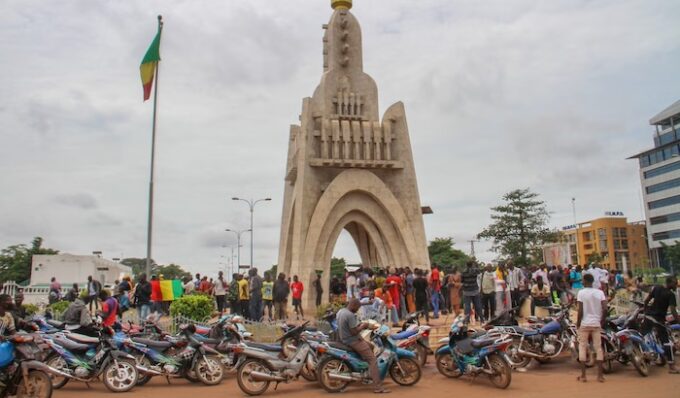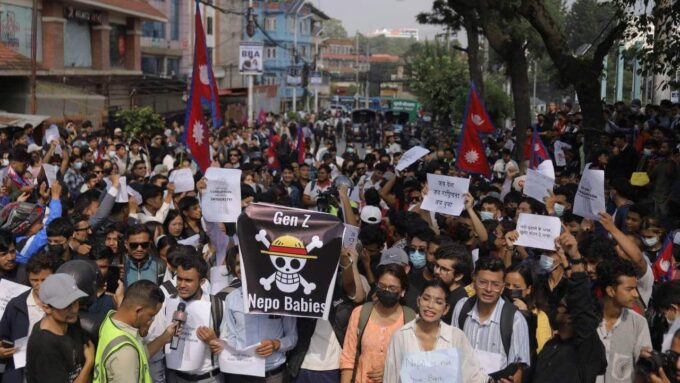Renowned East African political activists Boniface Mwangi from Kenya and Agather Atuhaire from Uganda have filed lawsuits against the governments of Tanzania, Kenya, and Uganda, accusing them of complicity in their alleged abduction, torture, and inhumane treatment by Tanzanian security agents in May 2025. The legal action spans multiple jurisdictions, including the East African Court of Justice, the East African Legislative Assembly, and the International Criminal Court (ICC), aiming to seek accountability for what the activists describe as gross human rights violations.
The two activists were in Tanzania to show solidarity with opposition politician Tundu Lissu, who was arrested in April and charged with treason for demanding electoral reforms ahead of Tanzania’s upcoming general elections. On May 19, Mwangi and Atuhaire were reportedly abducted in Dar es Salaam by plainclothes security operatives. Mwangi told Semafor that he was taken from the lobby of the Serena Hotel by about a dozen agents, blindfolded, handcuffed, and held at an undisclosed location for three days. During this period, he alleges that he was beaten, subjected to sexual torture, verbally abused, and tied upside down to a pole. He was eventually released on May 22 near the Kenya-Tanzania border at Horohoro, given a small amount of money, and instructed to find his way back into Kenya on a motorcycle taxi.
When interviewed in Nairobi in June, Mwangi appeared visibly injured, using crutches with both feet in braces. He said the trauma from the experience remains overwhelming and that he has received warnings not to return to Tanzania. Atuhaire, a prominent human rights lawyer, has also spoken publicly about her ordeal and the abuse she suffered in detention.
The lawsuits accuse Tanzanian security agencies of violating international human rights laws, including engaging in sexual and physical torture. Additionally, the activists are holding the Kenyan and Ugandan governments accountable for failing to protect their citizens. Mwangi, in particular, criticized the Kenyan government for what he described as a betrayal, alleging that despite notifying the Kenyan ambassador in Tanzania about his arrest, the government neither intervened nor provided consular support. Instead, according to Mwangi, Kenya issued an apology to the Tanzanian government for what it termed the activists’ “bad behaviour.”
Their legal team has already filed initial complaints with the relevant United Nations human rights mechanisms, and is in the process of lodging formal lawsuits against key state actors and public officials across the three countries. The goal, the lawyers say, is not only justice for the victims but also to send a powerful message across the region that such acts of impunity will not go unchallenged.
These developments come amid rising concerns about the shrinking civic space and political repression in parts of East Africa. The involvement of multiple governments in this case highlights a growing pattern of transnational suppression of dissent and raises alarms within the international human rights community. The outcome of the lawsuits could set a precedent for how cross-border accountability is pursued in the region for victims of political persecution and state-sponsored abuse.














Leave a comment